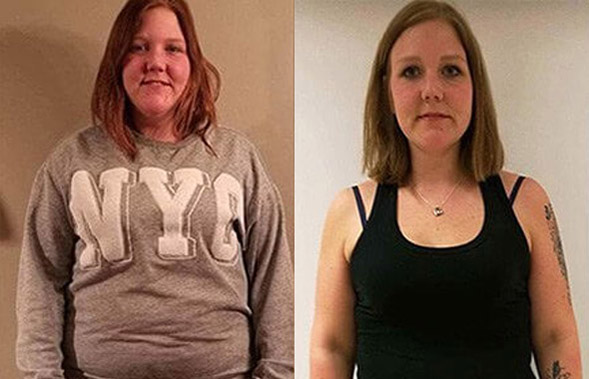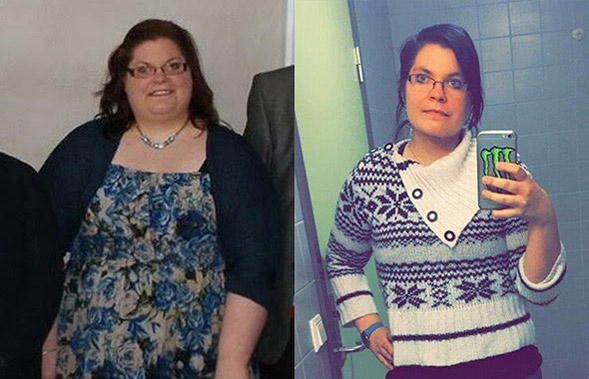Book Free Consultation
| Gastric Balloon | BMI 27+ |
| Gastric Sleeve | BMI 30+ |
| Gastric Bypass | BMI 35+ |
Choose the procedure that suits you best
Weight: Kg | Height: cm |
10 Reasons to choose us
BMI Range
Enter your body profile details to calculate the result.
No doubt if you’re planning to have gastric sleeve surgery you’re excited about the prospect of your slimmer, healthier future. And you should be. It’s likely that in the near future you’re going to be in the best shape you’ve been in for many years, maybe ever.
But everything comes at a price and, beyond the pounds or euros you’ll spend, you’ll need to be diligent when it comes to your diet after sleeve gastrectomy surgery. You’re going to have to modify many of your old habits, abandon some of them and build new ones to boot.
What You Can Expect From Your Diet After Sleeve Gastrectomy Surgery
The vertical sleeve gastrectomy diet guidelines that will be formulated for you will be very specific and designed to aid in your recovery while at the same time helping you avoid any complications. They will also be focused on making sure you’re receiving proper nutrition. Over time the focus of your diet plan after sleeve gastrectomy will shift to helping you build and sustain proper eating habits. This will allow you to continue to lose weight and maintain your new lower weight for the rest of your life.
The Importance of the Liquid Diet Before Gastric Sleeve Surgery
In the days leading up to surgery it’s recommended you adopt a diet that’s low in both calories and carbohydrates. The dietitian can help you with this. Typically, your dietitian will also recommend a liquid diet before gastric sleeve surgery typically consisting of broth, water, decaf coffee or tea and perhaps Jello and a protein shake.
Post-op Diet: Weeks 1 and 2
During the first 2 weeks you will stay on a liquid diet after your gastric sleeve surgery. The same one you followed in the days prior to surgery. This prevents stress on the newly restructured stomach that could lead to leakage, constipation or bowel obstructions. It also helps prevent dehydration. The body requires time to heal after such a traumatic event and the liquid vertical sleeve gastrectomy diet plan allows it to do that. Things to keep in mind during this period include:
- Your liquid diet after gastric sleeve surgery should not contain anything with sugar as this could spark episodes of ‘dumping syndrome’. Dumping syndrome can cause nausea, diarrhoea and vomiting.
- Avoid alcohol at all cost during the weeks after surgery for the same reason and also because your tolerance will likely be drastically reduced and now is no time to be tipsy.
- Make sure your diet plan after gastric sleeve surgery does not include caffeine as it can contribute to dehydration and may cause reflux.
- Make sure you don’t drink any carbonated beverages as they will cause bloating, gas and discomfort.
Post-op Diet: Week 3
After 2 weeks it will be time to start introducing slightly more solid foods into your diet plan after gastric sleeve surgery. This will include mostly pureed foods. You’ll need to be careful to take your time eating during this period. Even though there isn’t much chewing involved with pureed foods you still need to make sure there aren’t and lumps or chunks in the food before you swallow it. So relax and take your time. At this point your diet plan after sleeve gastrectomy may include baby food, tofu, soft scrambled eggs, cottage cheese, pureed avocado, plain yogurt and canned fruit among other things.
- Avoid any sugary, high fat foods or foods that are difficult to puree, including fibrous vegetables.
- If you are not fond of pureed food you can continue to augment it with protein shakes although you should not forego the pureed food altogether.
- Continue to exclude sugar, caffeine, alcohol and carbonated beverages from your vertical sleeve gastrectomy diet plan.
Post-op Diet: Week 4
After a month most patients will be in position to start adding solid food to their diet after vertical sleeve gastrectomy. This does not mean that you should make a beeline for the steak house but you will begin to mix non-processed foods to your existing regimen of pureed foods and liquids. Foods your dietitian will likely recommend are well-cooked fish and chicken, soft, well cooked vegetables, fruit and some low or no sugar cereals. It’s important during this phase of your recovery to:
- Avoid hard to digest foods like the aforementioned steak as well as fibrous vegetables.
- Avoid high carb foods like pasta and mashed potatoes.
- Make sure you chew everything at least 25 times just like your grandma used to tell you.
- Drink only the occasional caffeinated beverage and continue to avoid carbonated beverages.
Post-op Diet: Long Term
Gradually, over the course of weeks 4 through 8 your diet after sleeve gastrectomy surgery will feature more solid food. If any food triggers an adverse reaction you will need to avoid it until and unless your dietitian or doctor says otherwise. At this point your vertical sleeve gastrectomy diet guidelines will focus as much on building good eating habits as they will focus on any particular food you eat, so keep the following in mind:
- Learn the difference between hunger and craving or appetite.
- Eat 3 small meals per day at regular intervals and avoid snacks.
- Never overeat. Eat until your hunger is satisfied (not until you are full) and then stop.
- Avoid sugary desserts, drinks, snacks and cereals.
- Sip water regularly to avoid dehydration.
- Take a multivitamin every day to augment your diet after vertical sleeve gastrectomy.
- Avoid trans fats at all cost as well as processed or fast foods.
- Be aware that your tolerance for alcohol has likely been greatly reduced.
- Avoid taking NSAIDS like aspirin and ibuprofen as they can irritate the stomach lining.
- If you have any post op sleeve gastrectomy diet related questions don’t hesitate to contact your dietitian.
Conclusion
It is crucial to your long term recovery that you strictly adhere to your diet plan after gastric sleeve surgery. Over time you may be able to introduce a bit of flexibility into your diet but that will not include sugary foods, excessive carbohydrates or other items that could undermine your post op sleeve gastrectomy diet.


















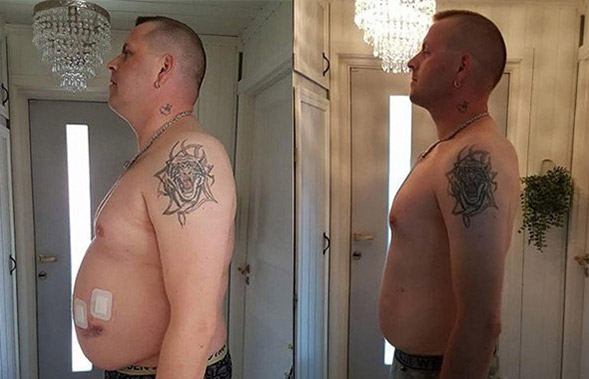

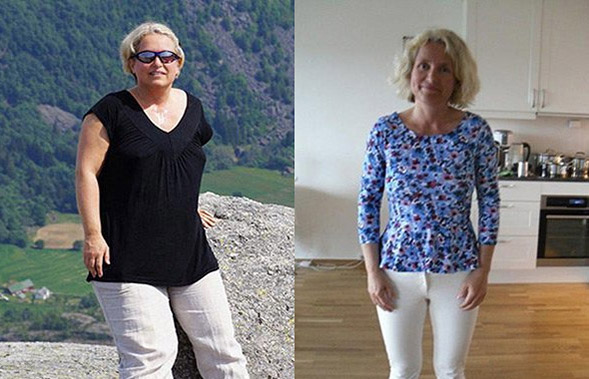



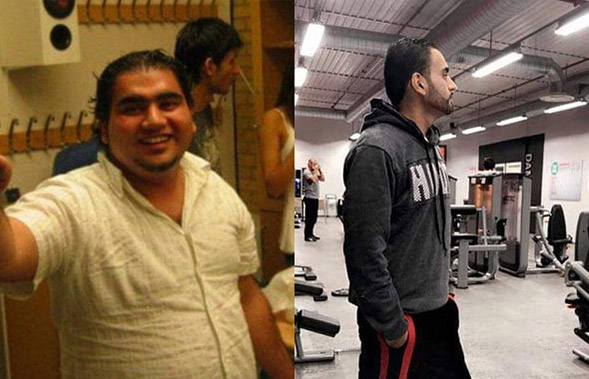

 I am a 26 year old girl from Trondheim. Throughout my life, I’ve struggled with extra weight/being obese. It’s something that has affected me both physically and psychologically.
I am a 26 year old girl from Trondheim. Throughout my life, I’ve struggled with extra weight/being obese. It’s something that has affected me both physically and psychologically. 